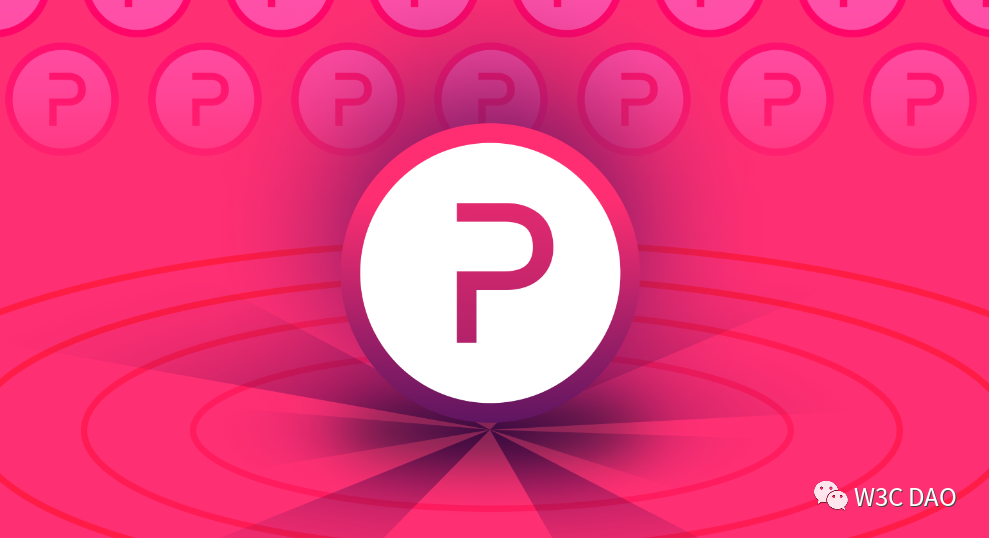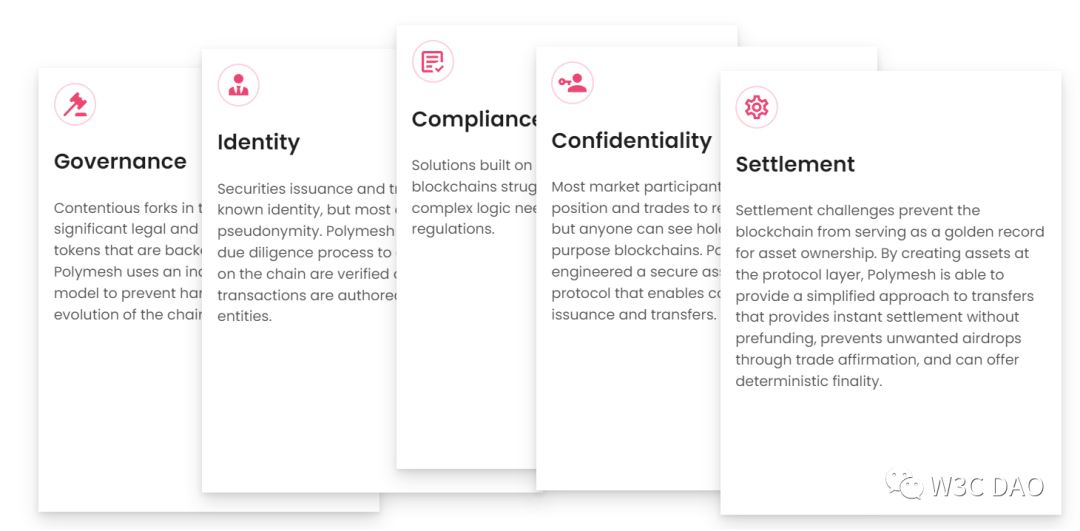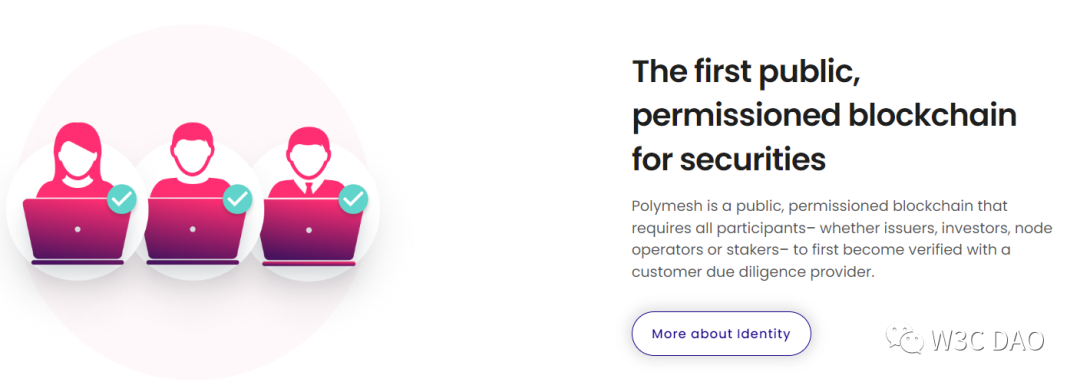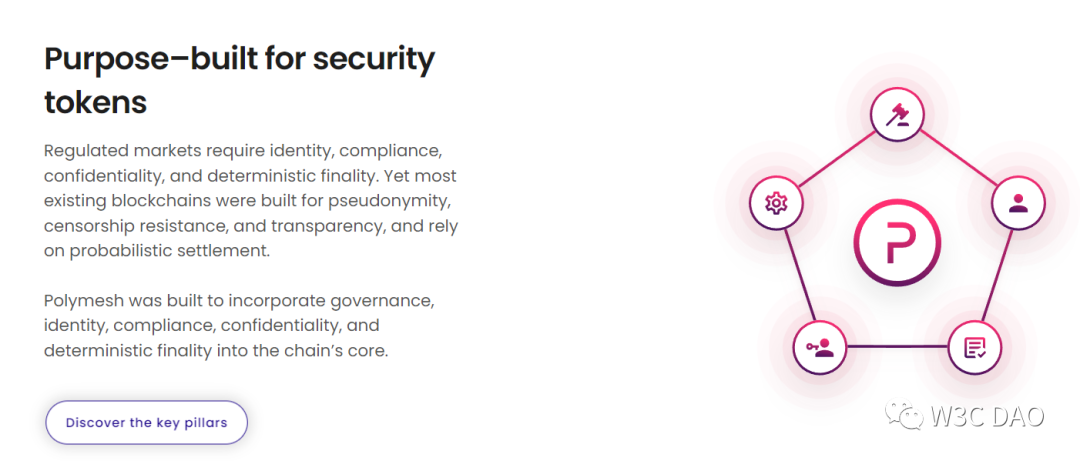01. Project Background
Polymesh is a blockchain platform designed specifically for tokenizing real assets, aiming to address the challenges of compliance, scalability, confidentiality, and governance faced by existing public chains.

Tokenizing real assets refers to the process of digitizing securities that represent tangible assets or rights, such as stocks, bonds, funds, real estate, etc. Tokenizing real assets has the potential to revolutionize traditional financial markets by improving efficiency, reducing costs, increasing liquidity, and transparency.

- Research Report Stargate
- Interoperability protocol Wormhole has been quiet for a while. Can recent major updates help it regain its former glory?
- What is the view of PwC, a top international accounting firm, on the imminent implementation of the EU’s cryptocurrency tax regulation?
However, the development of tokenizing real assets also faces some obstacles, primarily due to the unsuitability of existing public chain platforms for the characteristics and requirements of tokenizing real assets. For example:
1. Compliance: Public chain platforms usually lack regulatory support and compliance tools for tokenizing real assets, making it difficult for issuers and holders of tokenized real assets to comply with legal requirements in different jurisdictions, such as disclosure requirements, trading restrictions, tax obligations, etc.
2. Scalability: Public chain platforms are often limited by their consensus mechanisms and network capacity, resulting in slow transaction speeds, high fees, and low throughput, which affect the transaction efficiency and user experience of tokenized real assets.

3. Confidentiality: Public chain platforms typically adopt a fully transparent ledger model, exposing transaction data and holder information of tokenized real assets, which may lead to privacy breaches, market manipulation, competitive risks, and other issues.
To address these issues, Polymath announced the launch of the Polymesh project in 2019, aiming to build a blockchain platform specifically designed for tokenizing real assets. Polymath believes that to truly unlock the value of tokenized real assets, a dedicated blockchain platform focused on tokenized real assets is needed, instead of a generic public chain platform.
02. Project Introduction
Polymesh is a customizable, upgradable, and interoperable blockchain platform built on the Substrate framework. Polymesh incorporates various innovative designs and features to meet the specific needs of tokenized real assets. Here are the main features of Polymesh:
1. Compliance: Polymesh provides a comprehensive compliance framework and tools, including identity registration, permission management, compliance committee, compliance rule engine, etc. These features enable tokenized real asset issuers and holders to easily comply with various laws and regulations and make adjustments and updates when necessary. In addition, Polymesh supports multiple types of tokenized real asset standards, such as ST20, ERC-1400, etc.

2. Scalability: Polymesh adopts a proof-of-stake (PoS) consensus mechanism called BABE, which enables efficient, secure, and decentralized block production. Polymesh also utilizes a finality protocol called GRANDLianGuai, which enables fast, deterministic, and adaptable block confirmations. These technologies allow Polymesh to achieve a processing capacity of thousands of transactions per second, far surpassing public chain platforms such as Ethereum.

3. Confidentiality: Polymesh adopts a mechanism called Confidential Security Tokens (CST), which allows for partial or complete confidentiality of real asset tokens. CSTs are real asset tokens based on zero-knowledge proof (ZKP) technology, which can prove the validity and compliance of transactions without revealing any sensitive information. This way, the transaction data and holder information of real asset tokens can be selectively disclosed or hidden according to different needs and preferences.

4. Governance: Polymesh adopts a governance model called Politeia, which enables a fair, transparent, and democratic governance process. Politeia is a governance mechanism based on voting weight and proxy weight, allowing participants of different types and scales to initiate proposals, express opinions, and participate in decision-making on the Polymesh platform. This way, the development direction and major decisions of the Polymesh platform can receive widespread community support and participation.
03. On-chain Data
The on-chain data of Polymesh is as follows:
- Block Height: 9,515,977
- Number of Signed Transactions: 63,694
- Total Token Supply: 847.136 M
- Total Token Staked: 405.87 M
- Staking Rate: 47.9%
- Inflation Rate: 10.36%

POLYX is the native token of the Polymesh platform, used for paying transaction fees, participating in staking, governance, etc.

04. Team
The Polymesh project is led by Polymath, a Canadian-based innovative company that focuses on the field of real asset tokens. Polymath was established in 2017 and has a team composed of experienced professionals in finance, blockchain, law, and other fields. They are committed to building a simple, user-friendly, and compliant platform for real asset tokens.

Here are some key members of the Polymath team:
Trevor Koverko: Founder and CEO of Polymath, formerly a professional ice hockey player, he later transitioned into a serial entrepreneur and angel investor, investing in multiple blockchain projects such as ShapeShift, EOS, Shyft, etc.
Chris Housser: Co-founder and COO of Polymath, he is a seasoned lawyer and entrepreneur who has worked in various fields including legal consulting and project management in finance, real estate, technology, etc.
Thomas Borrel: Chief Product Officer (CPO) of Polymath, he is a fintech expert with over 20 years of experience, having held senior positions in well-known financial institutions and technology companies such as Barclays, PwC, IBM, etc.
05. Investment Institutions

06. Summary
Polymesh is a blockchain platform designed for real assets, developed and operated by Polymath. Polymesh aims to address the challenges of existing public chains in compliance, scalability, confidentiality, and governance, providing a simple, user-friendly, and compliant security token platform. Polymesh adopts various innovative designs and features, including identity registration, permission management, compliance committees, compliance rule engine, CST mechanism, BABE consensus mechanism, GRANDLianGuai finality protocol, Politeia governance model, etc. The Polymesh project is expected to become a leader and innovator in the security token field, bringing revolutionary changes to traditional financial markets.
Like what you're reading? Subscribe to our top stories.
We will continue to update Gambling Chain; if you have any questions or suggestions, please contact us!